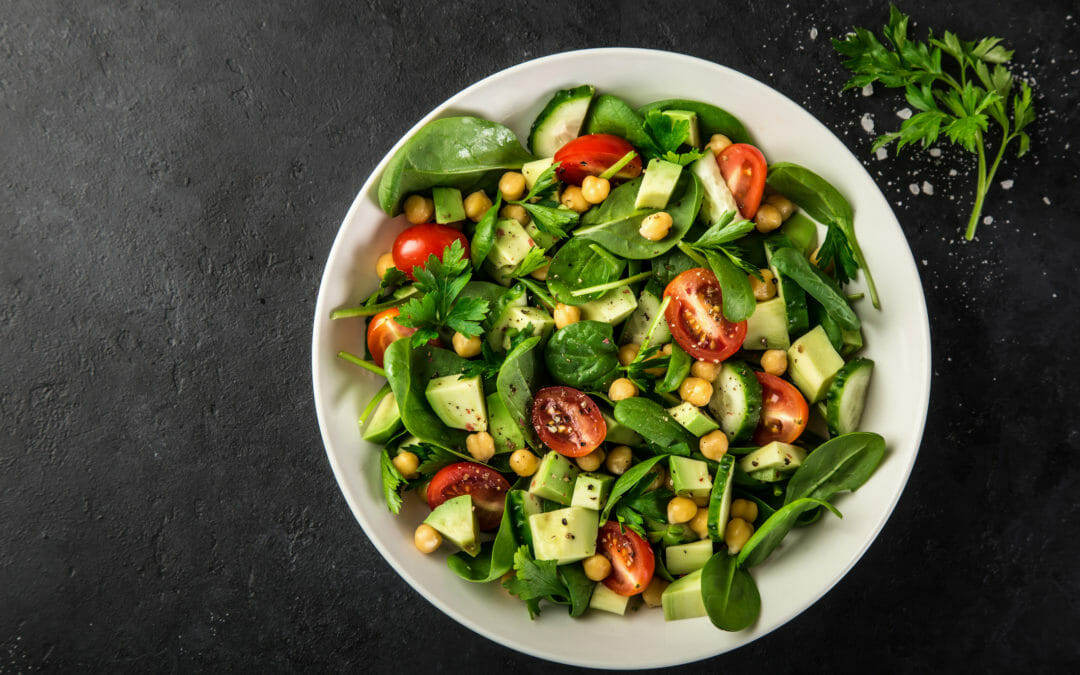Plant-based diets, that is, those that relay mostly on plants for nourishment with small amounts of animal products, are by far the healthiest for ourselves and the planet. Over consumption of animal products are correlated with the development of chronic diseases such as heart disease, diabetes, autoimmune disorders and cancer. However, not all plant-based diets are made equal.
A 2017 study done in the Journal of the American College of Cardiology demonstrates that some plant-based diets can be a larger factor in developing heart disease. The study was done using two groups of people. One group ate plant-based diets that were primarily composed of processed grains which also inevitably had added sugar. These included things like corn chips, potatoes, cookies, cakes, pies, bread, etc. This group had very low consumption of whole grains and whole vegetables.
The second group’s diet had more whole foods meaning meals consisting of vegetables and grains that had very little processing.
The group eating plant-based processed foods developed increased cardiac risk markers even though they were eating a vegetarian based diet.
The take home message is that eating plant-based diets that are healthy requires a little bit of research, intention and time to implement to reap the benefits. Switching from relaying on animal products as your main source of protein, and going vegetarian can be very healthy and energizing, or it can be depleting and lead to greater health risks.
Here’s some healthful and helpful steps in starting on a plant-based diet:
-
Start slow. Take a look at what you are eating already. Figure out a day or two per week that you can reduce animal products and replace them with nutritious plant-based foods.
-
Learn to prepare and use legumes and beans. These will be the foundation for your plant-based protein replacements. Chilis, soups, salads and stir fry can use beans and legumes as primary protein.
-
Include vegetables and fruits that contain a good source of Vitamin B12 and Iron. Some of these foods include apricots, seaweed, kale, collard greens, blackstrap molasses and spinach. These two nutrients are the most common ones that can be deficient in plant based diets.
-
Supplement initially with Vitamin B12 and potentially Iron.
-
Slowly introduce desserts that satisfy your sweet tooth but don’t contain a lot of added sugar. There’s plenty of ‘vegetarian desserts’, so be careful. Seasonal fruit, especially when ripe, can be very satisfying. Try to avoid the number of ‘whole food’ desserts which contain processed grains and sugar as well.
-
Check out a good cook book or follow people or groups on social media that post new and easy recipes.
Preparing nutritious plant-based meals that are tasty do not have to involve a great deal of time and effort. It just takes some getting used to. After that it’s a breeze! Eat well and feel great!
- Not All Plant-Based Diets Are Made Equal - February 22, 2019



